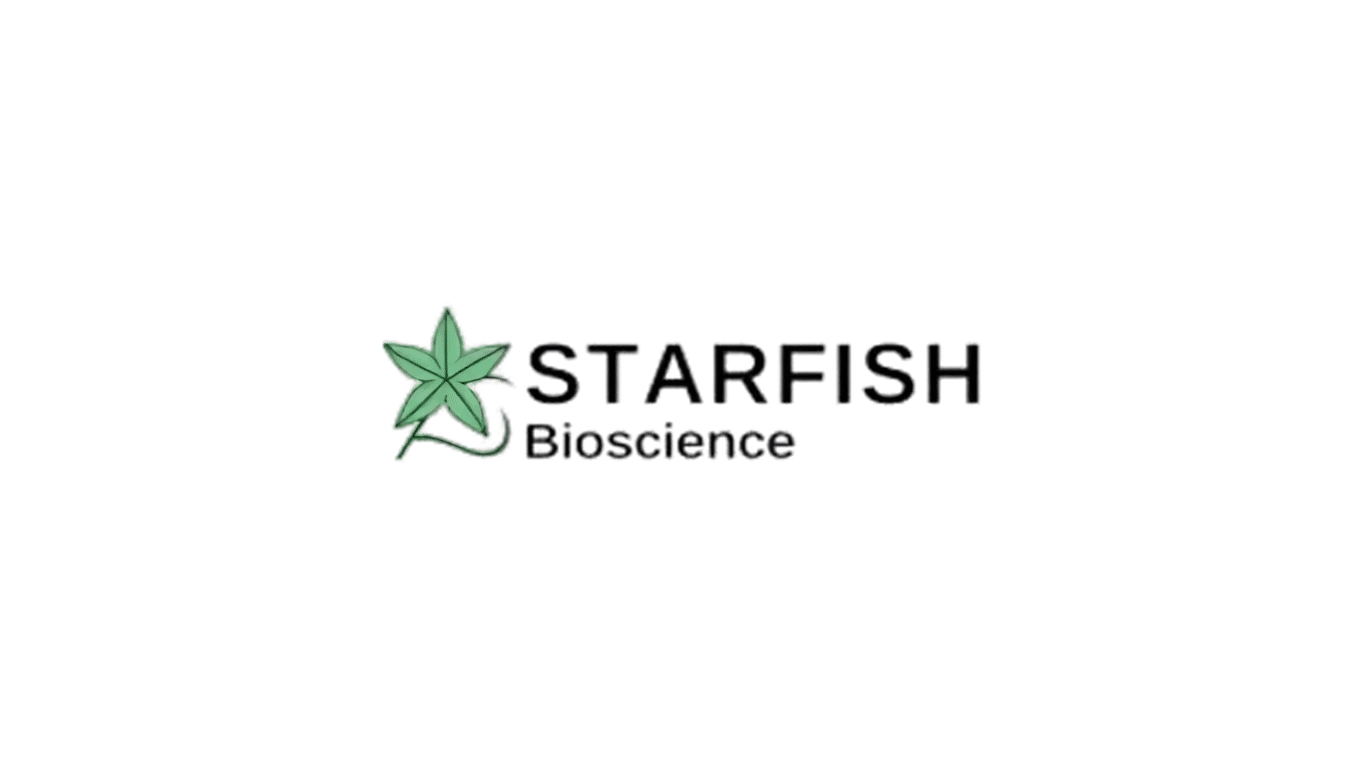Key Takeaways
- STARFISH Bioscience completes a soil microbiome database covering both banks of Bordeaux’s vineyards
- Over 10,000 bacterial genomes and 40 million genes analyzed using AI for next-generation biosolution development
- The project reveals functional microbiome differences between cultivated and wild soils
- Initiative aligns with EU soil regeneration policies and the growing biostimulant market
- Company plans to expand microbiome mapping to Austria, Spain, and Italy
STARFISH Bioscience Launches AI-Driven Soil Microbiome Atlas for Bordeaux
STARFISH Bioscience, a French startup specializing in microbiome-based agricultural solutions, has announced the creation of the first bacterial genome atlas for vineyard soils in Bordeaux. The database includes over 10,000 bacterial genomes and approximately 40 million genes, spanning vineyard soils from both the Left and Right Banks of the region.
The company uses AI-powered analysis to assess microbial functions and identify disruptions in cultivated soils. These insights are used to develop biosolutions aimed at enhancing soil regeneration, agricultural productivity, and ecosystem resilience.
Understanding Soil Functionality to Drive Regeneration
“Soils harbor a still-underexploited reservoir of biodiversity, even though soil health is one of the pillars of the One Health concept,” said Sandrine Claus, CEO and founder of STARFISH Bioscience. “Restoring bacteria that carry key functions enriches and strengthens ecosystem resilience, limits erosion, increases fertility and drought resistance, and slows the spread of pathogens.”
The company’s AI approach allows for the detection of functionally important bacteria and supports the development of biosolutions targeting common agricultural challenges such as pathogen pressure, soil decontamination, and water stress.
Contributing to European Soil Resilience Initiatives
STARFISH’s work aligns with growing policy attention to soil health. In 2024, the European Union adopted its first Directive on Soil Monitoring and Resilience, which estimates that 60–70% of European soils are degraded, costing the region around €50 billion annually.
The company’s efforts also tap into the $4 billion global biostimulant market, where Europe represents 50% of consumption and a 15.3% CAGR is projected through 2032.
STARFISH Bioscience Plans for Expansion Across European Terroirs
Building on its findings in Bordeaux, STARFISH Bioscience plans to expand functional microbiome mapping to other key agricultural regions in Austria, Spain, and Italy. The aim is to create region-specific microbial solutions that can enhance soil fertility and support a variety of crops.
Founded in 2023 and currently incubated by UNITEC and Start-up Win, STARFISH Bioscience is backed by Seventure Partners and IRDI Capital. The company recently received the Tech for Change label at VivaTech 2025 and was selected for the Women in Tech track.


